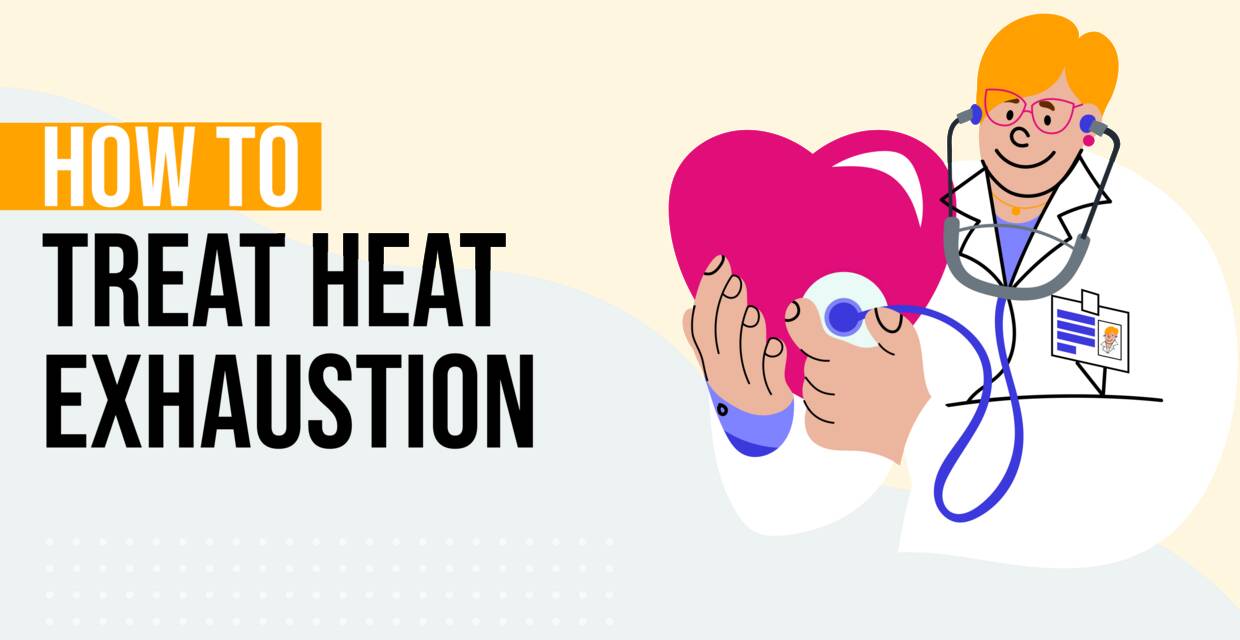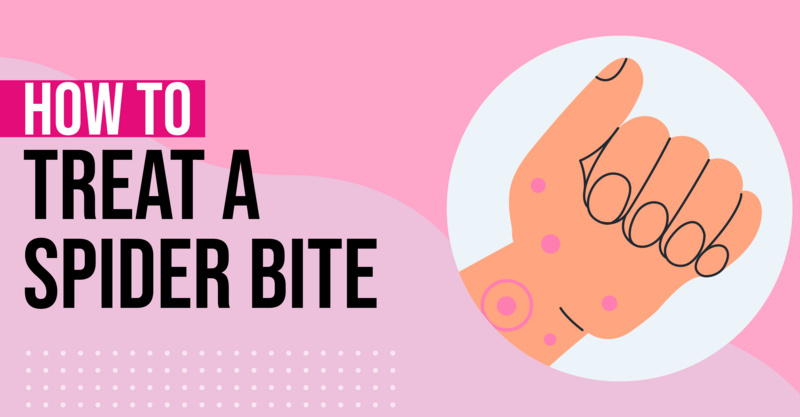Key Points
- Heat exhaustion is a serious health condition caused by the body's inability to regulate its temperature, potentially escalating to a life-threatening condition called heat stroke if not addressed.
- The condition is primarily triggered by exposure to high temperatures, excessive sweating leading to salt depletion, especially in high humidity or during physical activity. The risk increases when the heat index exceeds 90 degrees.
- Factors such as urban living, prolonged heat waves, certain health conditions, and specific medications can also raise the risk of heat exhaustion.
- Symptoms of heat exhaustion include heavy sweating, dizziness, rapid pulse, muscle cramps, and nausea. If these symptoms are experienced, immediate steps should be taken such as moving to a cooler place, removing heavy clothing, and sipping chilled water.
- Prevention strategies include staying in cool areas during high temperatures, wearing lightweight clothing, using sunscreen, and consuming extra fluids.
Heat exhaustion is a condition that occurs when the body overheats and is unable to regulate its temperature properly, according to the Mayo Clinic. They note that if left untreated, heat exhaustion can progress to a life-threatening heat emergency known as heat stroke.
Causes Of Heat Exhaustion
The Mayo Clinic explains that heat exhaustion is caused by exposure to high temperatures and a depletion of salt in the body from excess sweating. This can happen easily in areas with high humidity or during physical exertion they explain.
Risks of Heat Exhaustion
The heat index is a measurement of how hot the ambient temperature feels when the humidity and air temperature are combined. This measurement can be a good predictor of how easily someone might fall ill with heat exhaustion.
The risk of heat exhaustion increases when the heat index climbs to 90 degrees or more, according to WebMD. Other things that they note increase your risk of heat exhaustion include:
- Living in urban areas
- Prolonged heat waves, especially in areas of poor air quality
- Age (infants, children up to age 4, and adults over 65 are more vulnerable)
- Certain health conditions (like heart, lung, or kidney disease, obesity, high blood pressure, diabetes, alcoholism, people who are sunburned, or people who have a fever)
- Taking certain medications (like diuretics, sedatives, tranquilizers, stimulants, heart and blood pressure medications)
Symptoms Of Heat Exhaustion
According to the Mayo Clinic, the symptoms of heat exhaustion can include:
- Cool, moist skin with goose bumps when in the heat
- Heavy sweating
- Faintness
- Dizziness
- Fatigue
- Weak, rapid pulse
- Low blood pressure upon standing
- Muscle cramps
- Nausea
- Headache
What to do For Heat Exhaustion
If left untreated, the Mayo Clinic explains that heat exhaustion can lead to heatstroke (a life-threatening condition). For this reason, it is important to recognize the symptoms of heat exhaustion and know what to do. If you or someone around you has the symptoms of heat exhaustion, the Mayo Clinic notes the following steps to take immediately:
- Move out of the heat and into a shady or air-conditioned place
- Remove tight or heavy clothing
- Lay down and elevate your legs and feet slightly
- Sip chilled water, a sports drink containing electrolytes, or other nonalcoholic beverages without caffeine
- Continue the cooling process by spraying or sponging with cool water and fanning
- Contact a healthcare provider if signs or symptoms worsen or if the person doesn't improve after taking first-aid measures.
When to see a Doctor for Heat Exhaustion
While many cases of mild heat exhaustion can be resolved with the steps noted above, the Mayo Clinic notes that if symptoms worsen or do not improve within an hour, you should see a doctor right away.
How to Prevent Heat Exhaustion
When temperatures are high or the heat index is high, WebMD notes that it's best to stay where you can be cool and comfortable (such as in an air-conditioned area). If you must go outdoors, they note that you can take the following steps to help lower your risk of heat exhaustion:
- Wear lightweight, light-colored, loose-fitting clothing, and a wide-brimmed hat
- Use a sunscreen with an SPF of 30 or more
- Drink extra fluids (especially fluids with electrolytes like sports drinks)—avoid fluids containing either caffeine or alcohol
Summary
Heat exhaustion is one of three heat illnesses that can occur when the body overheats, according to the Mayo Clinic. Mild heat exhaustion symptoms can usually be resolved by cooling off, resting, and rehydrating, according to the Mayo Clinic. They recommend that if you experience the symptoms of heat exhaustion you:
- Move to a shaded, cool area
- Remove any heavy layers of clothes
- Get in front of a fan
- Sip at water or sports drinks
- See a doctor if your symptoms don’t improve within an hour
Frequently asked questions
What is heat exhaustion and what causes it?
Heat exhaustion is a serious condition caused by the body overheating and failing to regulate its temperature. It's primarily caused by exposure to high temperatures and a depletion of salt due to excessive sweating.What are the symptoms of heat exhaustion?
What immediate steps should be taken if someone is experiencing symptoms of heat exhaustion?
If someone is experiencing symptoms of heat exhaustion, they should move to a cooler place, remove any tight or heavy clothing, lay down with their legs and feet slightly elevated, sip chilled water or sports drinks, and cool the body with water and fanning.What can increase the risk of heat exhaustion?
The risk of heat exhaustion can be increased by factors such as high heat index, urban living, prolonged heat waves, certain health conditions, and certain medications.When should medical attention be sought for heat exhaustion?
Medical attention should be sought if the symptoms of heat exhaustion worsen or do not improve within an hour.How can heat exhaustion be prevented?
Heat exhaustion can be prevented by staying in cool areas during high temperatures, wearing lightweight clothing, using sunscreen, and drinking extra fluids.Can heat exhaustion lead to more serious conditions?
Yes, if untreated, heat exhaustion can potentially escalate to a life-threatening condition called heat stroke.Does physical exertion in high temperatures increase the risk of heat exhaustion?
Yes, physical exertion in high temperatures, especially in high humidity, can significantly increase the risk of heat exhaustion.
Solv has strict sourcing guidelines and relies on peer-reviewed studies, academic research institutions, and medical associations. We avoid using tertiary references.


 LinkedIn
LinkedIn









